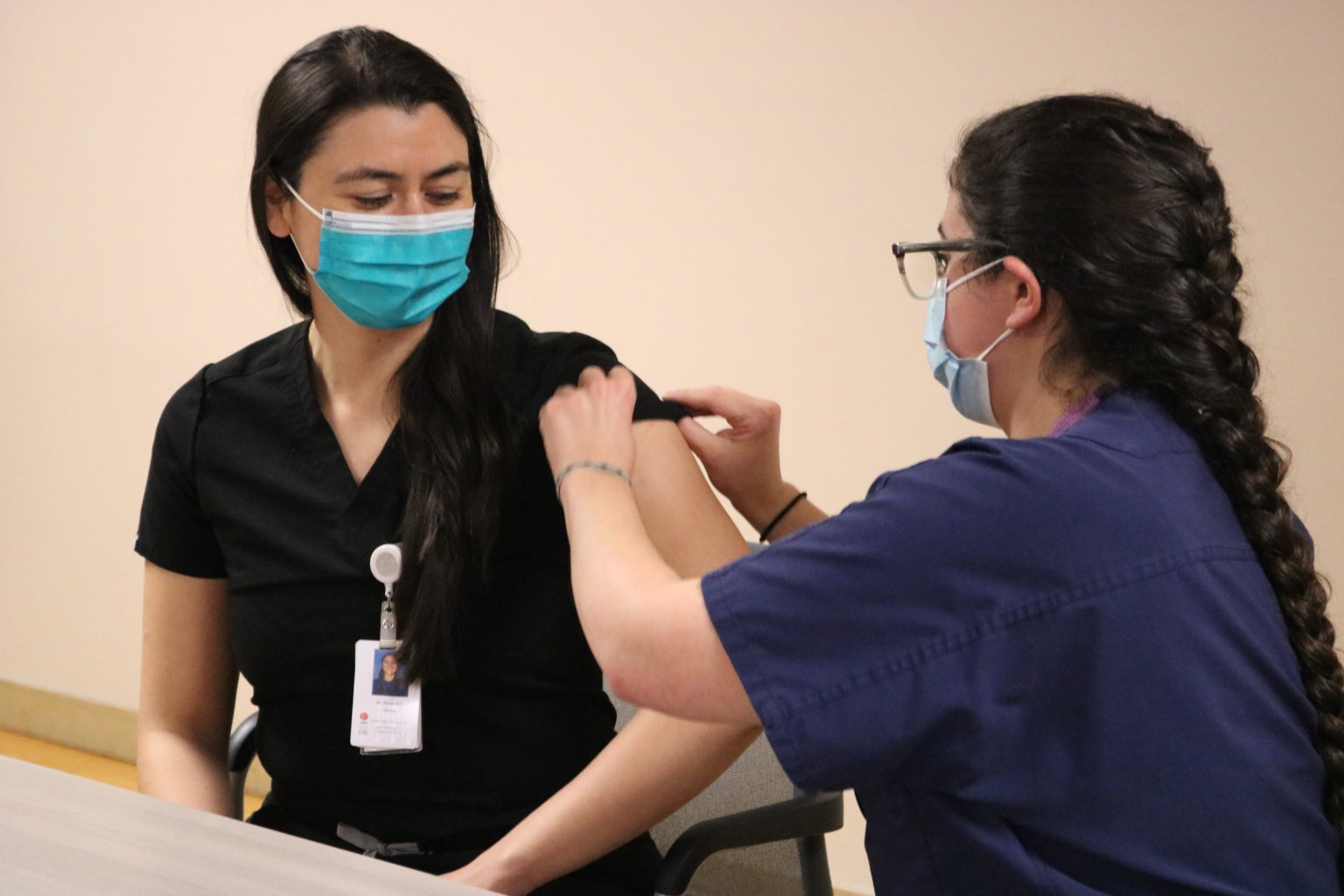
- Details
- By Native News Online Staff
On Wednesday, Rep. Dr. Raul Ruiz (D-CA) and Rep. Don Bacon (R-NE) reintroduced the Urban Indian Parity Act, renewing bipartisan support for health equity in Indian Country. The bill aims to permanently extend key federal benefits to Urban Indian Organizations (UIOs), helping close dangerous gaps in care for Native Americans living in cities.
“American Indian and Alaska Native communities deserve more than promises, they deserve action,” Rep. Ruiz said. “While there is broad, bipartisan recognition of the need to improve tribal health care—including statements of support from Secretary Kennedy—we have yet to see a detailed, actionable plan to make that a reality. The Urban Indian Parity Act is a practical, bipartisan step they can take right now to close health care gaps, strengthen the Indian Health Service, and protect Native patients—regardless of where they live.”
Rep. Bacon cited the 16,000 Native Americans who reside in the Nebraska as part of his reason for joining Rep. Ruiz in sponsoring the legilsation.
“I am pleased to join Dr. Ruiz on this bipartisan legislation to ensureNative Americans living in urban areas have access to quality healthcare,” Rep. Bacaon said. “Nebraska is home to approximately 16,000 American Indian and Alaska Natives and thislegislation will strengthen our healthcare system by providing Urban Indian Organizations with the resources they need to serve their communities effectively.”
The Urban Indian Parity Act would amend federal law to provide a 100% Federal Medical Assistance Percentage (FMAP) for Medicaid services delivered by UIOs—bringing parity with FMAP rates already provided to Tribal and Indian Health Service (IHS) facilities. This increased federal support is critical to keeping urban Native health programs open and operating effectively. With more than 70% of American Indian and Alaska Native individuals now living in urban areas, many far from tribal health facilities, the bill addresses a growing need.
"We are grateful that Representatives Ruiz and Bacon are once again championing this bipartisan effort. Fulfilling the federal trust responsibility means ensuring all Native people have access to critical resources. With strong support across Indian Country, we urge Congress to act swiftly to pass this important legislation and improve health outcomes for Native communities," Francys Crevier (Algonquin), CEO, National Council of Urban Indian Health, said
The reintroduction comes just days after Politico reported that Health and Human Services Secretary Robert F. Kennedy Jr. has voiced support for improving tribal health care, but has yet to release a detailed plan. Meanwhile, the recently enacted One Big Beautiful Bill Act includes over $1 trillion in health care cuts over the next decade, including major reductions to Medicaid—a lifeline for many Native families—and the phaseout of a CDC initiative aimed at reducing chronic disease in Native communities.
The Urban Indian Parity Act offers a timely, practical solution to bolster Native health care systems and fulfill longstanding federal promises to Indigenous communities—urban and rural alike.
More Stories Like This
New Mexico Will Investigate Forced Sterilization of Native American WomenUSDA Expands Aid for Lost Farming Revenue Due to 2025 Policies
Two Feathers Native American Family Services Wins 2026 Irvine Leadership Award
Bill Would Give Federal Marshals Authority to Help Tribes Find Missing Children
Indian Health Service to Phase Out Mercury-Containing Dental Amalgam by 2027


